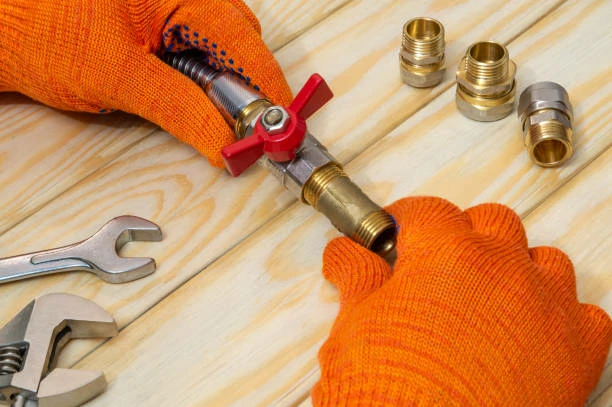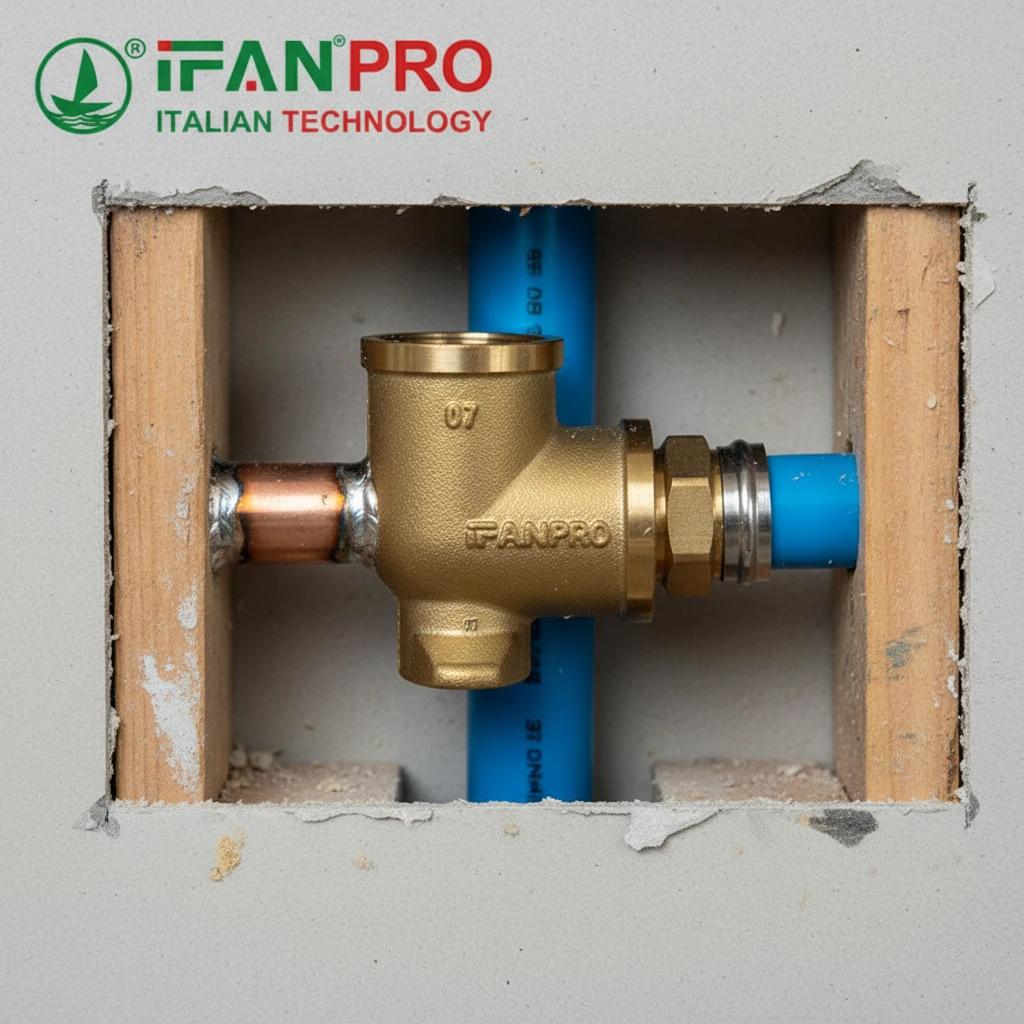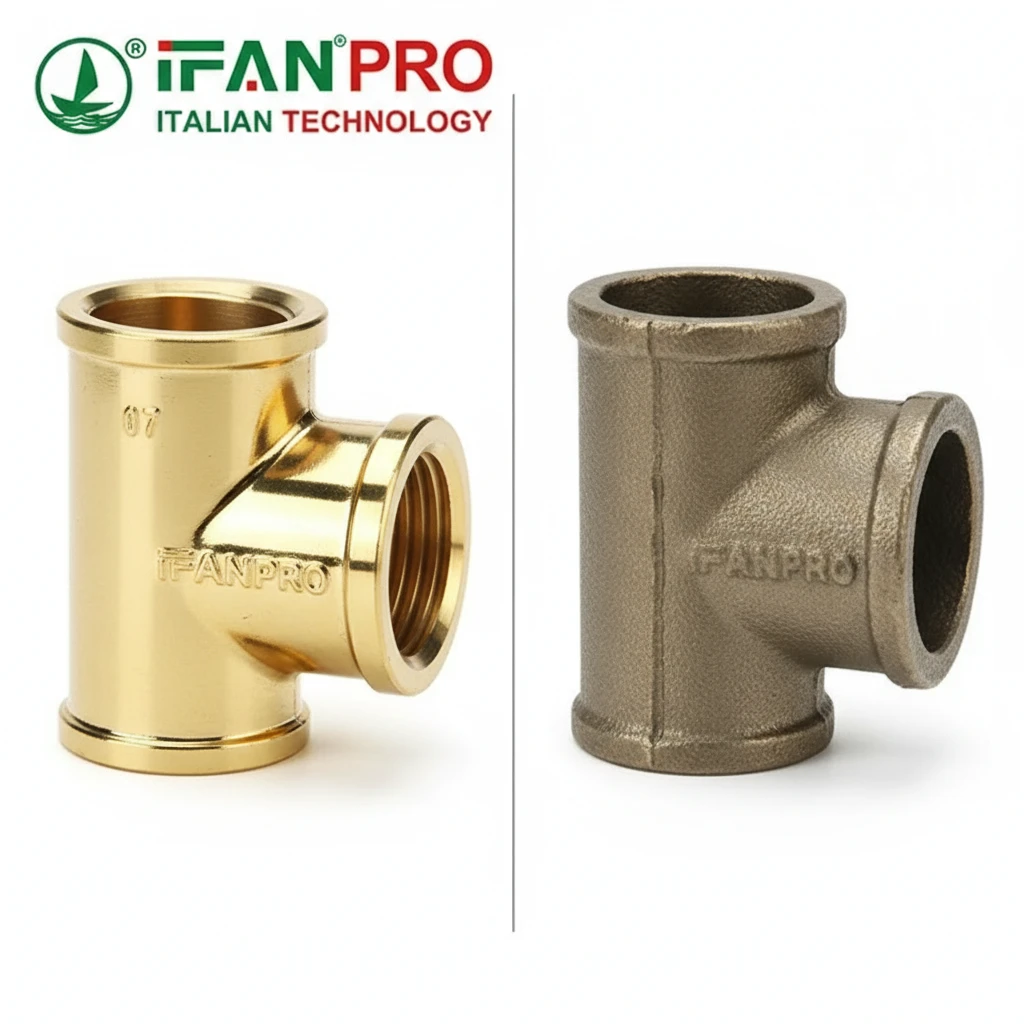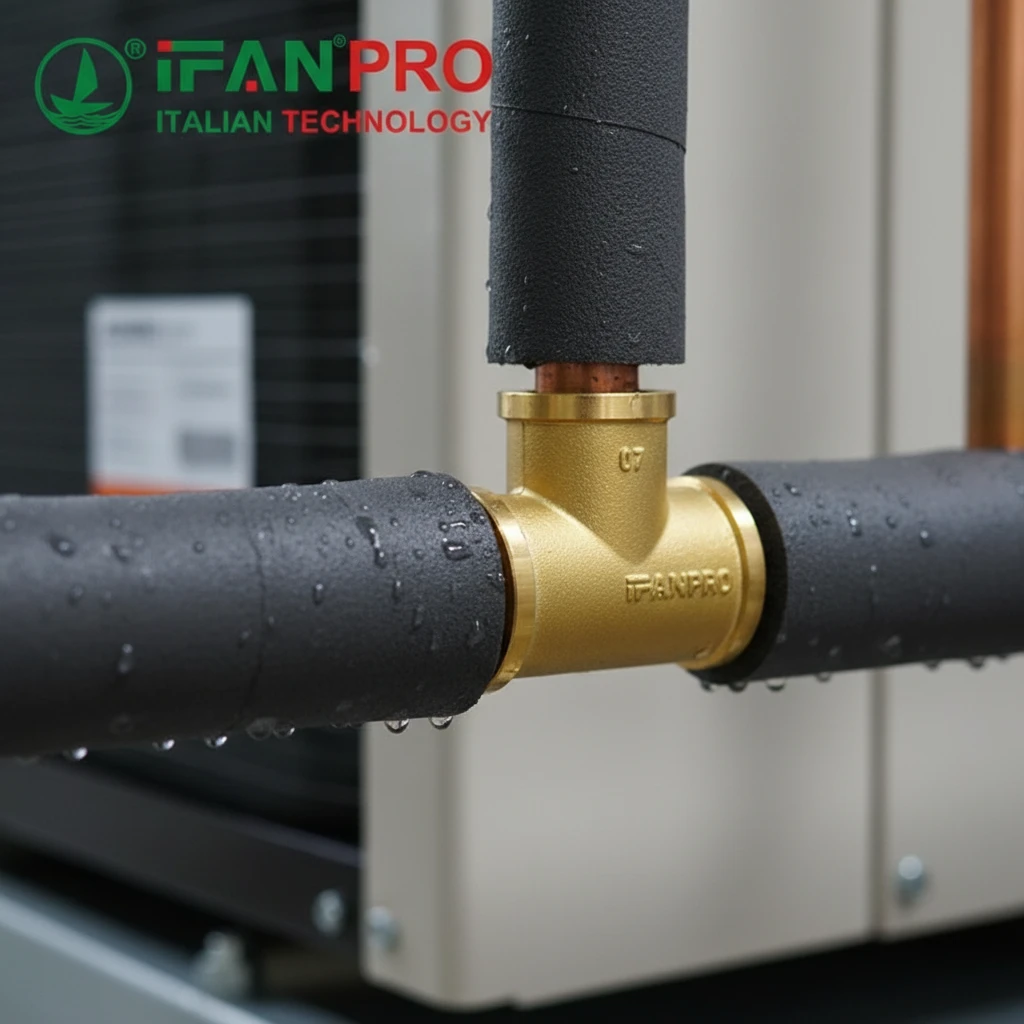Brass tube fittings play a vital role in water treatment systems. These fittings connect various components, ensuring efficient fluid flow and system integrity. Their unique properties make them ideal for use in different water treatment processes, such as filtration, purification, and distribution. This article explores the significance of brass tube fittings in water treatment, discussing their applications, benefits, and best practices for their use.
1. Understanding Brass Tube Fittings
Brass tube fittings consist of a copper-zinc alloy, which provides strength, corrosion resistance, and durability. The composition of brass can vary, with common alloys including C36000 (free-cutting brass) and C37700 (leaded brass). Each alloy exhibits distinct properties that enhance its performance in water treatment applications.
Brass fittings come in various shapes and sizes, including elbows, tees, couplings, and adapters. These fittings connect pipes and tubes, allowing water to flow seamlessly through the system. Their versatility enables manufacturers to design water treatment systems that meet specific operational requirements.
2. Applications in Water Treatment
Brass tube fittings serve multiple purposes in water treatment systems:
- Connection Points: Brass fittings connect pipes, valves, and other components in water treatment systems. They ensure a leak-free connection, which is crucial for maintaining system efficiency.
- Filtration Systems: In filtration applications, brass tube fittings connect filter housings and pipes. They facilitate the flow of water through the filter media, allowing contaminants to be removed effectively.
- Purification Processes: Brass fittings play a key role in purification systems, including reverse osmosis and ultraviolet (UV) treatment. They connect components such as membranes, pressure vessels, and UV reactors, ensuring optimal water quality.
- Distribution Systems: Brass fittings are essential in water distribution networks. They connect main supply lines to service lines, directing treated water to homes and businesses.
- Control Systems: In automated water treatment plants, brass fittings connect sensors, valves, and actuators. These fittings support the monitoring and control of various parameters, such as pressure, flow rate, and water quality.
3. Advantages of Brass Tube Fittings
Brass tube fittings offer several advantages in water treatment applications:
- Corrosion Resistance: Brass exhibits excellent resistance to corrosion, especially in water systems. Its ability to withstand exposure to moisture and various water chemistries makes it ideal for use in harsh environments. This resistance helps extend the lifespan of fittings and minimizes maintenance costs.
- Durability and Strength: Brass fittings provide exceptional strength, ensuring reliable performance in high-pressure applications. Their robustness reduces the risk of leaks or failures, contributing to the overall reliability of the water treatment system.
- Non-Toxicity: Brass is a safe material for water applications, as it does not leach harmful substances into the water. This characteristic is essential for ensuring water quality and safety, especially in potable water systems.
- Ease of Installation: Brass tube fittings feature standardized dimensions, allowing for easy installation and compatibility with various piping systems. Their straightforward design facilitates quick assembly and disassembly, saving time during maintenance or repairs.
- Versatility: Brass fittings can accommodate a wide range of pipe sizes and types, including copper, PVC, and PEX. This versatility allows engineers and designers to create flexible water treatment systems tailored to specific needs.
4. Best Practices for Using Brass Tube Fittings in Water Treatment
To maximize the performance and lifespan of brass tube fittings in water treatment systems, follow these best practices:
- Proper Material Selection: Choose the right brass alloy based on the specific requirements of the application. Consider factors such as temperature, pressure, and water chemistry when selecting fittings.
- Regular Inspection and Maintenance: Schedule routine inspections of brass fittings to identify signs of wear, corrosion, or damage. Early detection of issues can prevent leaks and system failures, ensuring optimal performance.
- Correct Installation Techniques: Use appropriate tools and techniques during installation to avoid over-tightening or damaging the fittings. Follow manufacturer guidelines to ensure a secure and leak-free connection.
- Avoid Contact with Harsh Chemicals: While brass fittings resist corrosion, certain chemicals can compromise their integrity. Avoid exposure to harsh substances, such as strong acids or bases, which can accelerate degradation.
- Monitor Water Quality: Regularly test water quality in the treatment system to ensure it meets safety standards. Monitoring helps identify potential issues with fittings or other components that may affect overall system performance.
5. Case Studies of Brass Tube Fittings in Water Treatment
Numerous water treatment facilities have successfully integrated brass tube fittings into their systems. Here are a few notable examples:
- Municipal Water Treatment Plant: A municipal water treatment facility upgraded its aging infrastructure by replacing PVC fittings with brass tube fittings. The change enhanced system durability and reduced maintenance costs, resulting in improved water quality for the community.
- Industrial Water Recycling System: An industrial facility implemented a closed-loop water recycling system using brass fittings. The robust construction of the fittings allowed the system to withstand high pressures and temperatures, ensuring efficient operation and minimal downtime.
- Residential Water Filtration System: A residential water filtration company utilized brass fittings in its point-of-use systems. The non-toxic nature of brass ensured safe drinking water for customers, while the fittings’ durability reduced the need for frequent replacements.
These case studies demonstrate the versatility and effectiveness of brass tube fittings in diverse water treatment applications.
6. Conclusion
Brass tube fittings play an essential role in water treatment systems, connecting various components and ensuring efficient fluid flow. Their unique properties, such as corrosion resistance, durability, and non-toxicity, make them ideal for diverse applications. By following best practices for installation and maintenance, users can maximize the performance and lifespan of brass fittings.
As water treatment technologies evolve, the demand for reliable and efficient fittings will continue to grow. Brass tube fittings will remain a vital component in ensuring the quality and safety of water supplies, contributing to public health and environmental sustainability. Whether in municipal plants, industrial facilities, or residential systems, the application of brass tube fittings will remain critical to successful water treatment processes.
List of Top Brass Tube Fittings Suppliers
| Company Name | Location | Years Of Experience | Certificates |
| IFAN | Zhuji, China | 1993 | ISO certification |
| ASC Engineered Solutions | USA | 2019 | ISO certification |
| Patel Precision Works | India | over 21 years | ISO certification |
| RED-WHITE VALVE CORP | USA | 1971 | ISO certification |
| SVF Flow Controls | USA | 1988 | ISO certification |
IFAN international standard for Brass Tube Fittings
IFAN adheres to several international standards, ensuring the quality and reliability of its products. These include ISO 15875, GB-T 18992, DIN 16892, ASTM F877, ASTM F2788, BS 7291, BS EN ISO 15875, and CSA B137, among others. By complying with these rigorous standards, IFAN guarantees that its plumbing systems meet the highest global requirements for safety, durability, and performance. These certifications demonstrate IFAN’s commitment to delivering products that are widely accepted and trusted across various industries worldwide.
Conclusion
Brass tube fittings excel in high-temperature resistance, making them a reliable choice for various applications. Their unique combination of copper and zinc provides excellent strength, durability, and thermal conductivity, ensuring reliable performance even in extreme conditions. Industries such as plumbing, gas, HVAC, and manufacturing rely on brass fittings for their ability to withstand heat while maintaining structural integrity.
With minimal maintenance requirements and long-lasting durability, brass tube fittings represent a smart investment for businesses seeking efficient and reliable connections. Understanding the factors that influence their performance allows users to make informed decisions when selecting fittings for high-temperature applications. Ultimately, the benefits of brass tube fittings make them a superior choice for anyone seeking high-quality, durable, and effective solutions for their piping and tubing needs.
Connect
IFAN is a Chinese manufacturer of plastic pipes, fittings and valves with 30 years of experience. If you are interest in IFAN copper fittings, copper valves, plastic pipes and fittings, please contact us. IFAN offers you a variety of standard pipes to meet your specific needs. Click below to learn more about IFAN’s wide range of affordable and cost-effective valve products and piping system related products.
We will reply your email or fax within 24 hours.
You can call us at any time if there is any question on our production.
For more information,pls visit our webside https://ifanpro.com/
Pls Mailto: [email protected]
Whatsapp: + 86 19857948982














Recent Comments